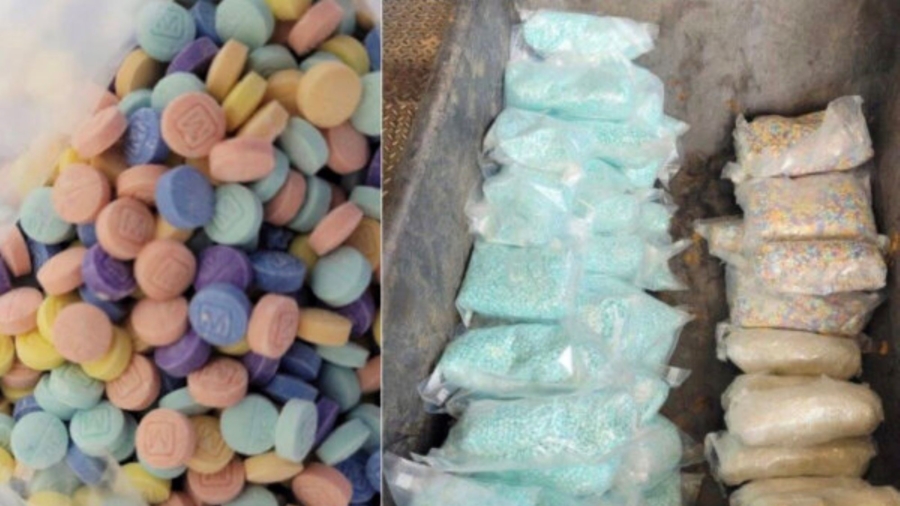The White House announced plans on Tuesday to strengthen its “whole-of-government” approach to combatting illicit Fentanyl supply chains.
A White House fact sheet outlined a five-pronged strategy to not only make the production and distribution of fentanyl more difficult, but also to target the associated flows of money on a global level.
In recent decades, the focus of the illicit drug trade has shifted from plant-based drugs such as heroin and cocaine and synthetic stimulants like methamphetamine to much more potent synthetic opioids like fentanyl and its analogues, the fact sheet stated.
These synthetic opioids are easier to transport, given that only minuscule doses are needed to achieve a “high” (as fentanyl is considered to be 50 to 100 times more potent than morphine). As a result, even small doses can lead to a lethal overdose.
Measures Against Fentanyl
The White House fact sheet listed a number of measures to combat the supply chains.
The White House plans to forge a global coalition of nations that believe combating the illicit synthetic drug trade is a priority. Previous international collaboration resulted in several fentanyl precursor chemicals being made subject to international controls.
Information-sharing among U.S. intelligence and domestic law enforcement will be optimized to improve the tracking of the pill presses and die molds used to process fentanyl into consumable pills, and to increase seizures of smuggled cash at the Southern border.
The White House plans to educate the private sector globally on safeguarding against the sale and distribution of resources that could be used to produce the drug.
“We will also strengthen collaboration with international partners on illicit finance and anti-money laundering efforts related to drug trafficking,” the statement continues.
Lastly, the White House aims to close legal loopholes for illicit synthetic drugs, as illegal drug labs continually alter the chemical structure of their produce in order to evade regulation and prosecution.
The White House further announced public health initiatives centered around opioid overdose reversal products, specifically the nonprescription drug naloxone; a national campaign to educate young people on the dangers of fentanyl; and efforts to close the addiction treatment gap by working with medical professionals.
From China Via Mexico
The announcement coincides with the visit of Mexico’s security cabinet to the United States to discuss fentanyl trafficking. According to U.S. officials, nearly all fentanyl on U.S. streets is produced by Mexican cartels from Chinese precursor chemicals, a claim that is flatly denied by Mexican President Andrés Manuel López Obrador.
The White House has faced scrutiny from Republicans over its border policy ever since President Biden halted the construction of the Southern border wall in his first month in office.
With drug abuse and overdoses on the rise, more U.S. lawmakers have been calling on the Biden administration to take a harder line to crack down on fentanyl trafficking. A handful of Republican legislators have even called for the U.S. military to bomb Mexican cartels and their drug labs inside Mexico.
According to the U.S. Centers for Disease Control and Prevention, overdoses involving synthetic opioids, including fentanyl, killed more than 70,000 people in 2021.
Last year, the Drug Enforcement Administration seized over 57.5 million fentanyl-laced, fake prescription pills and 13,740 pounds of fentanyl powder. U.S. Customs and Border Protection seized 14,700 pounds of fentanyl, a 30 percent increase from the previous year, and Homeland Security reported seizing another 21,000 pounds. The Department of Justice convicted 3,337 people in fentanyl-related cases in 2022.
The White House is now calling upon congress to make “an historic investment” of $46.1 billion for National Drug Control Program agencies.

